Quantum advantage or quantum supremacy – Proof that a programmable quantum device solves a well-defined task faster or with fewer resources than any known classical method.
Quantum algorithm – A set of step-by-step instructions designed to perform a specific computation on a quantum computer that utilizes the principles of quantum mechanics, such as superposition and entanglement, to solve a set of complex problems more efficiently than traditional methods.
Quantum annealing – An optimization technique that uses quantum fluctuations to find the lowest energy state of a system.
Quantum channel – A medium through which quantum information is transmitted, such as photons in optical fibers (or free space) or superconducting qubits in microwaves.
Quantum circuit compilation – A process that translates high-level quantum algorithms into sequences of operations on qubits to optimize them for execution on quantum devices.
Quantum compression – Techniques used to reduce the amount of quantum information transmitted without loss of fidelity, thereby enhancing the efficiency of quantum communication and storage systems.
Quantum computer – A type of computer that uses the principles of quantum mechanics to perform calculations to solve a set of complex problems more efficiently than classical computers.
Quantum cryptography – A secure communication method that uses quantum mechanics to protect information and ensure privacy through principles such as entanglement and the unpredictability of quantum states.
Quantum Key Distribution (QKD) – A secure communication method that uses quantum mechanics to share encryption keys, thereby ensuring that eavesdropping can be detected.
Quantum materials – Materials for which classical and effective theories fail and quantum mechanics is required to understand behavior at the macroscale. These include topological materials, some 2D materials, and correlated materials such as superconductors, for which electron-electron interactions produce collective behaviors.
Quantum optimization – A process that seeks to find the best solution among many possible options by using quantum algorithms, which promise significant speedups over classical methods.
Quantum phenomena – Observable events or behaviors (e.g., entanglement, superposition) that showcase the unique properties of quantum systems.
Quantum process tomography – A technique that reconstructs the quantum state transformations of a system by analyzing measurement outcomes based on various input states to provide insights into quantum operations.
Quantum Processing Unit (QPU) – The core component of a quantum computer. QPUs perform quantum computations by manipulating qubits through quantum gates. Often used in the context of a large quantum computer (akin to a CPU in a classical computer) or as an accelerator in classical computing (like a GPU).
Quantum randomness – The inherent unpredictability in and non-deterministic properties of quantum measurements, which are utilized in secure communications and random number generation.
Quantum repeater – A device that boosts quantum signals over long distances. Repeaters are crucial for creating reliable quantum networks by enabling entanglement distribution between nodes.
Quantum sensors – Devices that utilize quantum phenomena (e.g., superposition, entanglement) to achieve ultra-high precision measurements to outperform classical sensors in various applications.
Quantum spin liquid – Materials in which magnetic orientations remain disordered and vary even at extremely low temperatures because of quantum fluctuations. These materials could lead to unique properties that are useful for quantum computing and materials science.
Quantum volume – A metric that measures a quantum computer’s capability by considering both the number of qubits and how effectively they can interconnect and operate.
Quasiparticles – Entities that arise in a medium and behave like particles. Quasiparticles play key roles in the properties of quantum materials.
Qubit (or quantum bit) – The basic unit of quantum information (akin to a classical bit) that can exist in two states simultaneously due to superposition.
Qubit recycling – A technique that reuses qubits during computation to improve resource efficiency and increase the performance of quantum computations.
Qudit – A quantum system composed of more than two states that can exist in a superposition. Qudits enable richer information encoding and processing in quantum systems.

